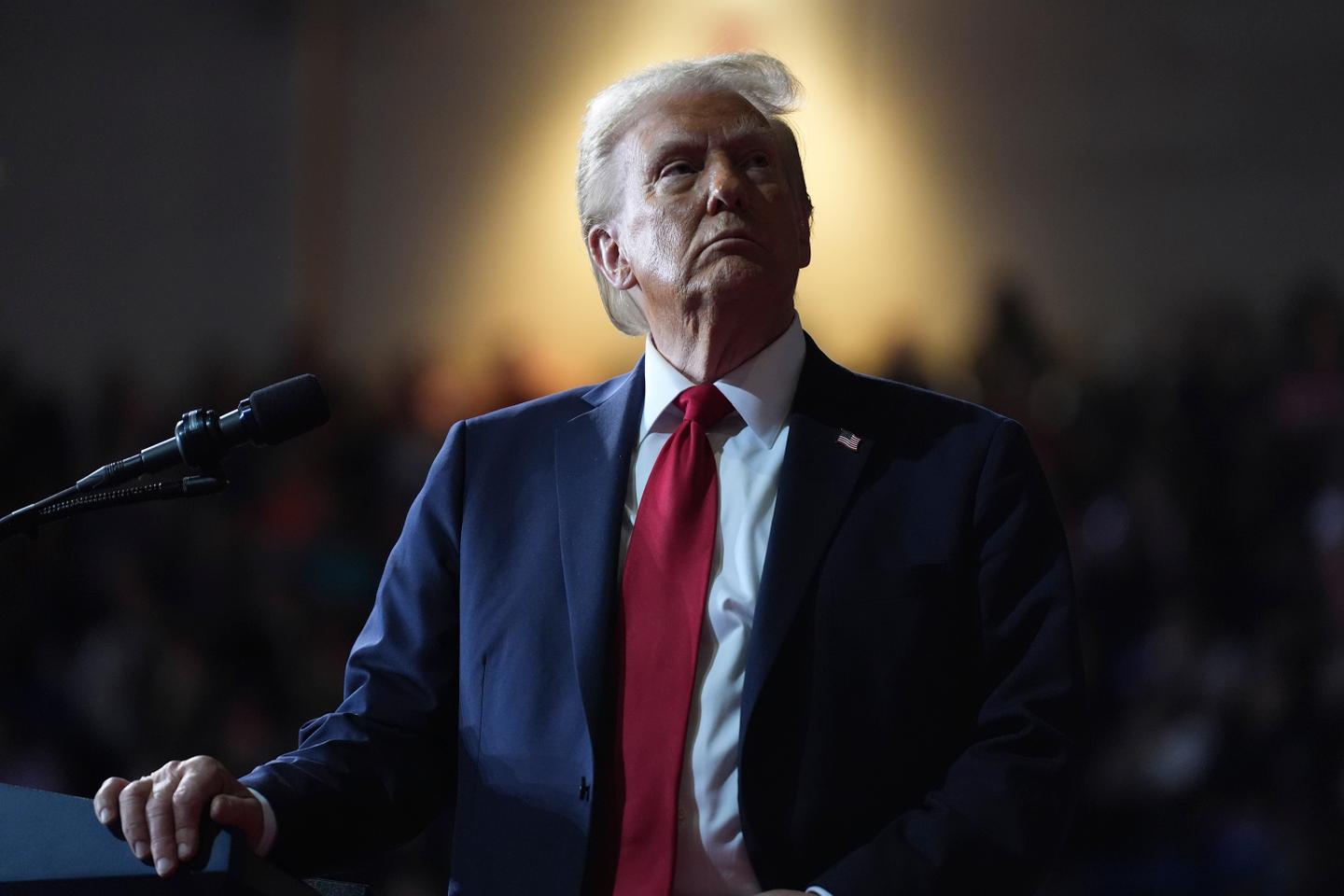


In the wake of Donald Trump's victory, Europe can no longer content itself with declarations of intent. It urgently needs to pull itself together and regain a grip on world affairs, without any illusions about what will come from the United States. The crux of the matter is that it is impossible to face up to the socio-economic, climatic and geopolitical challenges that are shaking the planet as long as the European Union (EU) makes its decisions by the unanimous vote of all 27 member states. Unfortunately, this is currently the case for all major decisions, particularly those with budgetary or financial implications.
The only way out of the impasse is for a strong core of countries, led by France and Germany, to finally put concrete proposals on the table enabling progress to be made on both budgetary and institutional fronts, without waiting for unanimous agreement from the other countries. The concept of a strong core to overcome the obstacles of unanimous consensus has been raised many times in the past, most recently in the report by Mario Draghi proposing a massive investment plan for Europe.
The time has now come to give it substance and make real progress. For this to happen, three conditions have to be met: This core group must be given solid institutional and democratic foundations; it is essential that Germany, and not just France, Italy or Spain, should be able to play its part, particularly on the budgetary front; and within each country, and at the European level as a whole, several political visions, from both the right and left, must be able to express themselves and flourish.
Strengthened parliamentary union
Let's start with the first point. To create a core group of countries capable of making important budgetary and financial decisions with all the necessary democratic legitimacy, it is important to base it on a solid institutional and political framework. The most logical starting point would be the Franco-German Parliamentary Assembly (FGPA), set up in 2019 as part of the renewal of the bilateral Franco-German treaty. A young and little-known institution, made up of 100 lawmakers from all the parliamentary groups in the Assemblée Nationale and Bundestag, the APFA has met between two and three times a year since its creation and has so far been confined to a mainly consultative role.
But there's nothing to prevent the two countries from giving it an essential decision-making role, particularly on budgetary matters, and opening it up to all EU countries wishing to join this strong core, thus transforming it into a genuine European assembly, as in the draft "Manifesto for the Democratization of Europe." This strengthened parliamentary union, which could be called a "European parliamentary union," would bring together within the EU those countries ready to unite further to influence world affairs and invest in the future, and in particular to borrow jointly to finance investments in energy, transport, research and new technologies.
You have 49.21% of this article left to read. The rest is for subscribers only.
